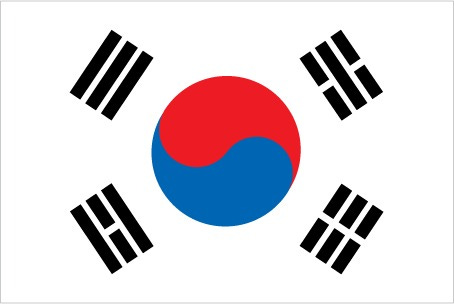What democracy actually looks like
On autogolpe, the March on Washington, and the prerequisites of honor and duty that make democracy possible
The short-lived attempt to impose martial law on the Republic of Korea was a remarkable news event -- not least because it happened on a timeline with which even social media tools could scarcely keep pace. The president who attempted the stunt has been suspended and faces the first court hearing about whether to remove him permanently from office before the end of the month. He's also going to be investigated by a Corruption Investigation Office.
■ The incident was a lesson for the world about the elements of democracy, especially under stress. Since at least 1999, American protesters (usually on the left) have adhered to the idea that big gatherings are the best way to show, in their words, "What democracy looks like". And while there is nothing wrong with the exercise of the Constitutionally-guaranteed freedom of peaceable assembly, mass gatherings are only useful in certain circumstances.
■ The 1963 March on Washington, for instance, was a powerful symbol because it showed just how many people were ready to redeem, in the words of Martin Luther King, Jr., the "promissory note" written into the nation's founding but long denied in practice. It was also an event resulting from a very long crescendo of determined, persistent action against unjust laws prevailing in the South.
■ In South Korea's case, it's entirely possible that mass gatherings may have been effective, ultimately, in repelling the attempted autogolpe. But South Korea got something much better: Its legislature responded with steadiness and firmness to a fundamental appeal to civic duty.
■ They said no, in no uncertain terms. And they did it even though guns had been drawn.
■ That, even more than any gathering, is "what democracy looks like". It looks like officials putting the interests of their laws, their future, and their honor ahead of personal hazard. That isn't always a given: Some politicians are cowardly, craven, or selfish.
■ Korea's legislators have modeled for the world exactly what it means to serve as leaders -- to put their duty and honor in front of their fears. "Public service" can become a hollow cliche, but we have just witnessed what can happen when people authentically believe in putting others before themselves.



